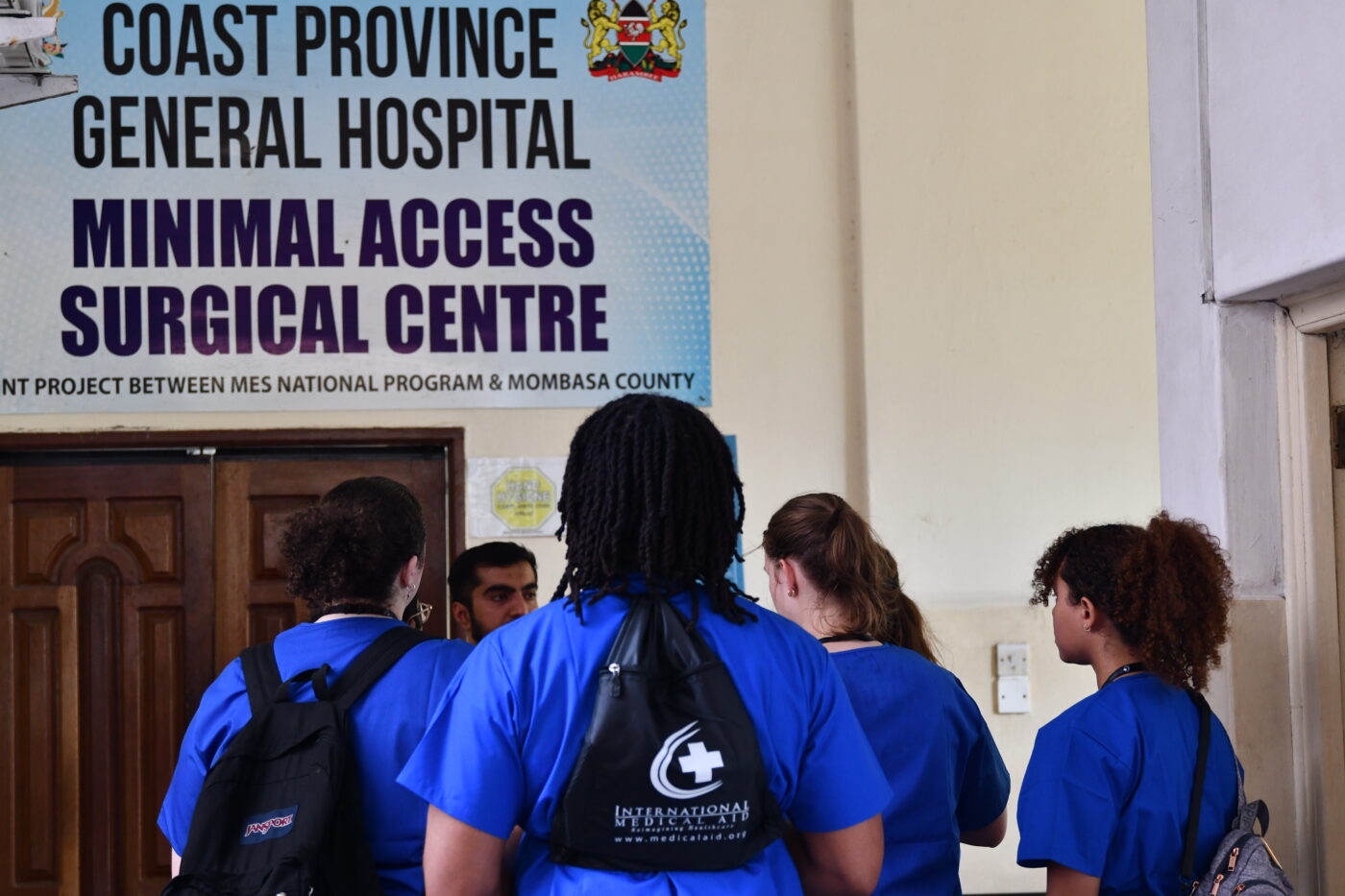What does it take to build a flourishing career in the field of clinical research?
- A solid foundation of knowledge and skills
- Gaining practical experience
- Networking with industry professionals
- Commitment to continuous learning
- Strategically navigating the job market
Clinical research is a dynamic field that offers the incredible opportunity to shape the future of medicine. Having a career in this realm means you’ll take part in developing groundbreaking treatments. You’ll also help countless people lead healthier lives. It’s a profession that brings great satisfaction and a deep sense of purpose. However, it’s not without challenges. Think about the competitive job market and often demanding work.
The challenges might seem insurmountable, but with the right guidance, you can overcome them and succeed. This guide presents actionable steps to build a successful career in clinical research.
1. Foundational knowledge and skills
Clinical research has several branches. First is drug development trials, which aim to investigate the effectiveness and effects of new medications. Meanwhile, medical devices trials review the safety and effectiveness of new devices. Other trials revolve around disease prevention and diagnostic tools.
All these trials involve diverse teams, including clinical research associates (CRAs) who monitor trial sites, clinical project managers who oversee the entire trial process, data managers who handle trial data, and medical writers who craft study reports.
It helps to understand all these roles so you can find your niche. You may want to read more about research careers in this guide; you may also continue reading this detailed discussion.
Essential educational background
You must have a solid educational foundation. Start with obtaining a bachelor’s degree in a life science field. Examples include biology, nursing, and pharmacy. These degrees give you a strong grasp of human biology and scientific principles.
And after these, consider advanced degrees like a master’s in clinical research or PhD, which provide in-depth knowledge of research methodologies and can open doors to leadership positions.
Core skills for success
Don’t stop at academics. You’ll need strong scientific and analytical skills to interpret complex data. Plus, you must have knowledge on regulations. You must understand Good Clinical Practice (GCP) guidelines, which ensure the ethical and scientific integrity of clinical trials. Besides, project management and communication skills will help you collaborate effectively with teams and manage timelines.
2. Gaining experience and building your network
Practical experience is essential beyond the foundational knowledge gained in the classroom.
Entry-level positions
You’d want to start with entry-level positions like clinical trials assistant (CTA) or clinical research coordinator (CRC). These roles will give you hands-on experience in the day-to-day operations of clinical trials.
You could also try internships and volunteering opportunities to get exposure to different aspects of clinical research. These can lead to paid positions if vacancies arise and you’ve shown dedication and expertise while interning.
Mentorship
A mentor will significantly impact your career. Statistics show that 87% of people with mentors feel empowered and have greater confidence. So, team up with experienced professionals in the field who can guide you through your career and help you overcome challenges. Mentors can also connect you to new opportunities as they’re already established in the industry.
Expanding your network
Networking is crucial in the clinical research industry. Attend clinical-research-related conferences and events where you’ll meet other professionals. As you talk with them, you’ll learn about the latest trends and, perhaps, discover job openings.
In a 2020 survey, 73% of the participants claimed their getting hired was a result of someone they knew making an introduction or connection. That’s the power of networking.
Furthermore, join professional organizations like the Association of Clinical Research Professionals (ACRP) or the Society of Clinical Research Associates (SOCRA). They host networking events, provide educational resources, and can link you to career development opportunities.
Online platforms could also be valuable, linking you to thousands of professionals in your field.
3. Professional development and advancement
Aim at continuous growth to advance your career over the years. The first thing you must do is commit to continuous learning. The clinical research industry is dynamic, with new developments every other day. So, your classroom knowledge won’t suffice.

Pursue certifications like certified research coordinator (CCRC) or the certified clinical research associate (CCRA). Getting these credentials shows your level of expertise and credibility. Besides certifications, make sure to also attend workshops and training programs to learn new skills and stay updated on industry trends.
Climbing the career ladder
It’s possible to advance to senior positions with experience and additional qualifications. Consider positions like clinical project manager or clinical research director. These roles come with greater responsibility and leadership opportunities.
Alternatively, explore different career paths within clinical research. For instance, you can pursue data management, regulatory affairs, or medical writing. Just ensure whatever you choose aligns with your interests and strengths.
Specializing in a niche area can set you apart in the competitive clinical research job market. You may want to focus on a specific therapeutic branch, such as oncology or cardiovascular disease, or a particular aspect of clinical research, like data management or regulatory affairs. Focusing on one area and becoming an expert on the same can make you a highly sought-after candidate for specialized roles.
Soft skills
Don’t overlook soft skills as you pursue technical skills. They’re crucial in today’s business sphere. Consider that soft skills featured in 78% of jobs posted globally in 2022. Businesses are realizing their importance in work success and are seeking team members with such qualities.
Strong leadership skills are crucial as you move into management roles. You’ll be able to motivate and guide your team to achieve project goals. Problem-solving and decision-making skills are also vital as clinical trials may be challenging. You’ll often have to think critically and provide solutions under pressure.
On the same note, adaptability and resilience are equally important because of the fast-paced and demanding nature of clinical research. Thus, you can quickly adapt to change and remain focused even in the face of setbacks.
Online presence
Building a strong online presence can significantly boost your career prospects.
A Salesforce survey reveals that 85% of consumers do research before purchasing online, with 74% using websites for the research and 38% using social media. The same applies to clinical research specialists. You’re offering your services, and clients will certainly look you up online before making a decision to hire you.
Start with a professional LinkedIn profile. Highlight your skills and experience just like you would on your resume. Use a clear, professional headshot and craft a compelling headline that summarizes your career focus. Fill out the profile to completion, including your educational background, work experience, and relevant certifications.
Beyond the profile, write articles on interesting and trending clinical research topics. And don’t just stop at LinkedIn. You can as well share your posts on other mainstream social networks like Instagram, Facebook, TikTok, and Twitter.
Establishing yourself as a thoughtful leader online sets you up for numerous employment opportunities and collaborations with industry leaders.
4. Navigating the job market
After building skills and network, the next step is to secure your dream job in clinical research.
Crafting a compelling resume and cover letter
The first point of contact between you and the potential employer is your resume and cover letter. So, they must be impressive and outstanding. Tailor them to each job you apply for.
Highlight the skills and experiences that align with the specific position you’re applying for. Use keywords from the job description to get your application noticed by applicant tracking systems. About 75% of resumes get rejected by these software tools So, you must be extra vigilant in writing yours to make sure it gets past the tracking systems and gets seen by human eyes.
Also, quantify your applications to make your claims more convincing. For instance, don’t just say you “managed clinical trials.” Say you “managed five clinical trials with over 500 participants.”
Acing the interview
Next is the job interview, your chance to convince the admission panel of your suitability.
Prepare for common interview questions about your experience, skills, and career goals. Apart from this, research the company and the specific role, too, so you appear knowledgeable and interested in what you’re applying for. Going to an interview with zero knowledge about the company never looks good on you and may deny you employment.
Also, show your passion for clinical research by highlighting relevant projects or experiences that excite you. And remember to ask thoughtful questions about the company culture, team dynamics, and career development opportunities.
Negotiation and salary expectations
Research the current salary ranges for similar positions in your area. Websites like glassdoor.com and salary.com are always insightful.
Follow the industry averages when negotiating. And remember to be confident and express your value based on your skills, experience, and qualifications.
Conclusion
A successful career in clinical research requires knowledge, experience, and networking. The steps highlighted in this guide will help you to properly launch and advance your career.
To note, this is a long journey, not a sprint. Getting into this field with a long-term growth mindset is your winning point. Take your time to gain technical skills, cultivate soft skills, overcome challenges, and adapt to the ever-changing landscape. Eventually, you’ll drive medical advancements and improve patient lives.



